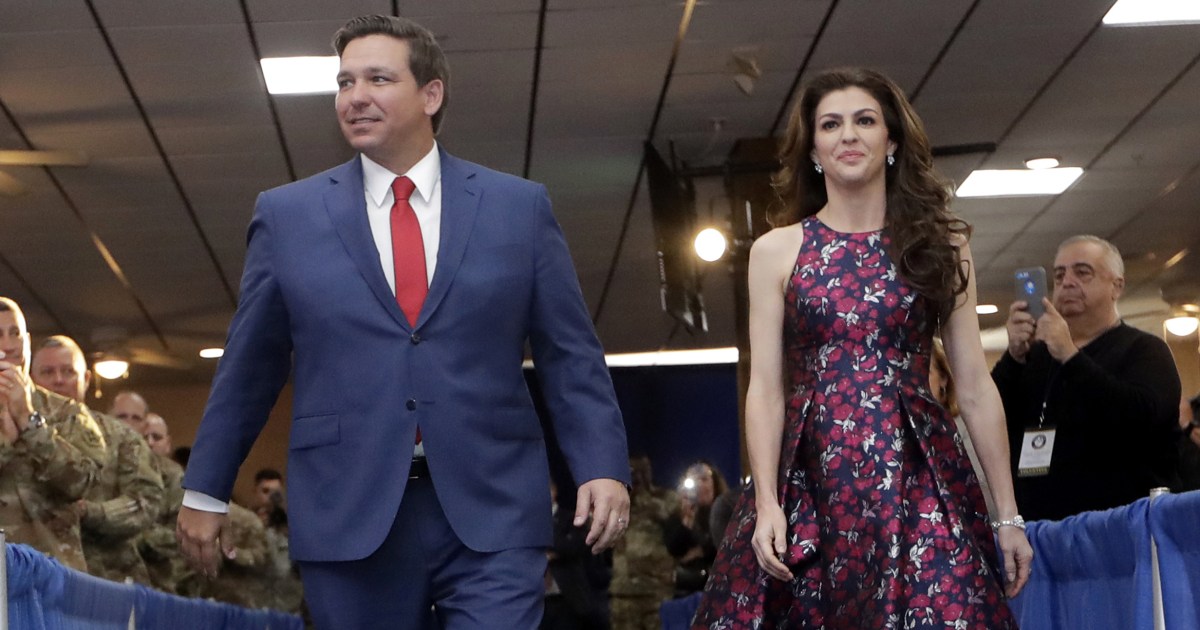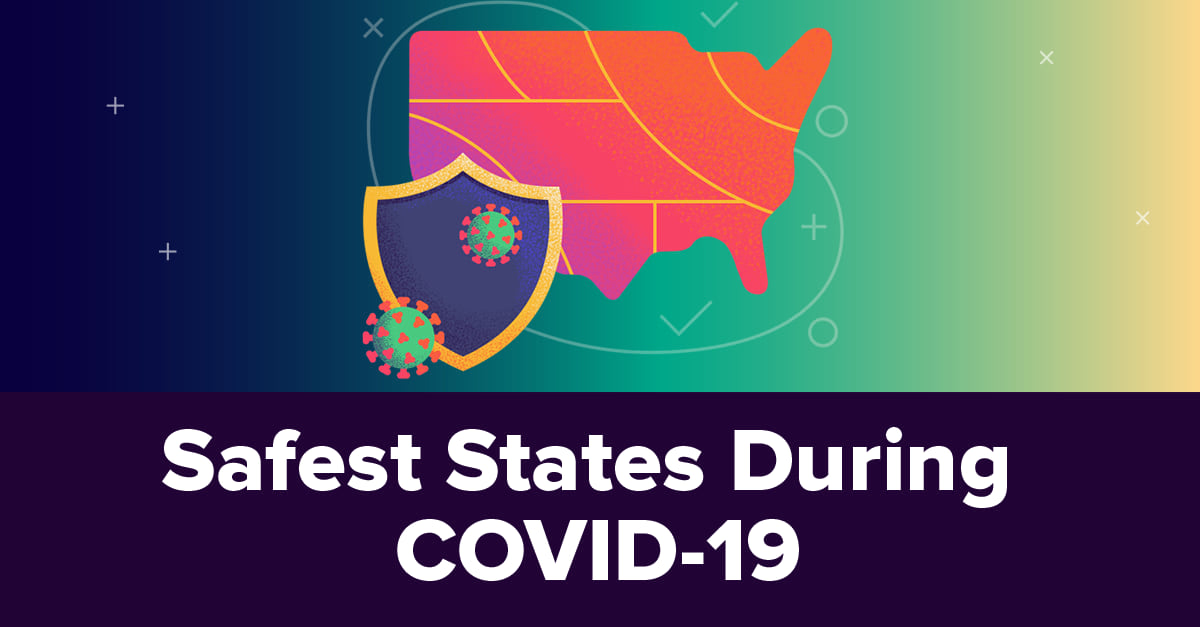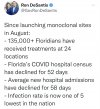We can check the numbers for any time period we want. Above was about the summer surge. The virus was first reported in Florida in March, 2020. If we wished, we could compare that date to present. Or we could compare calendar year 2020, year-to-date 2021, or any other time period.
The question remains the same. Regarding COVID-19 deaths, if the Florida governor himself says, "That’s ultimately what it’s all about, you know, it’s about saving lives," which he did say on Sept. 1 (
source), does that mean a state's COVID-19 death rate is indeed a legitimate indicator of a governor's effectiveness?
Yes, DeSantis kept businesses open more than many other states (and I'm glad for it). But that's a different topic. I'm not asking if DeSantis did a good job for business. I'm asking the question above.
Regarding "the prediction" you mentioned above (vague term), the prediction is for a winter surge. Florida had a 2020, summer surge followed by a much higher surge in winter, 2020-2021. DeSantis used the 2020 surge chart to explain the rise and predict the end of the summer 2021 surge. Does that mean we can use the same chart to predict an even higher Florida winter 2021-2022 surge?
I hope not and I think not. I'm hoping enough Floridians have acquired immunity by vaccination, natural infection and/or monoclonal antibody treatments; and I'm hoping those immunities will be long-lasting enough to blunt any future surge. Time will tell, but that's my hope.
Today marks the seventh consecutive day where the number of Florida new infections was under 5,000. We have to go all the way back to June, 2021 to see the last time that happened. Back then, we were allowing ourselves to believe the pandemic may be winding down in this state. The Delta variant then came along and shattered that wishful thinking.
I'm encouraged by the under-5,000 number. I'm encouraged by the continually increasing number of vaccinated people (mandates are further boosting that number). Hopefully we'll be out of this mess soon.







